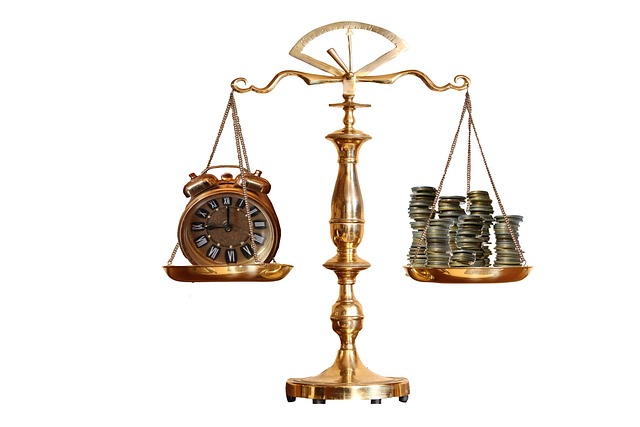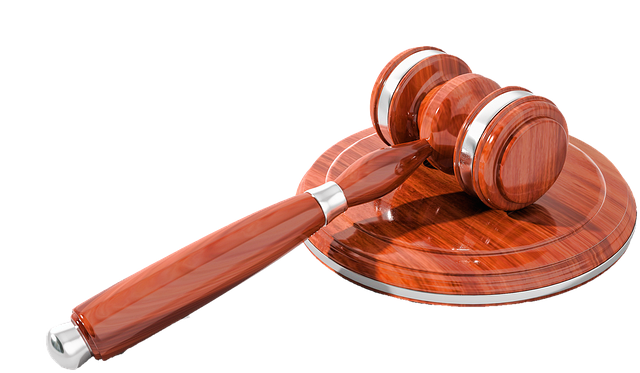Environmental crime trials require a sophisticated understanding of environmental laws and criminal procedure, with significant public implications. The selection of jurors is a crucial aspect, as defenses can object based on potential bias or lack of comprehension of complex issues. Attorneys must navigate legal grounds for jury selection objections, ensuring an impartial jury to secure just verdicts. Challenges include media attention and public opinion bias, which can be addressed through enhanced screening, clear instructions, diverse panels, and expert witnesses. Notable trials have shaped legal precedents regarding Legal Grounds for Jury Selection Objections, emphasizing corporate accountability and environmental protection.
Environmental Crime Trials: Unraveling the Legal Landscape of Eco-Justice
This comprehensive guide explores the intricate world of environmental crime trials, delving into the legal framework that brings polluters to justice. We examine critical aspects such as understanding the grounds for jury selection in these unique cases and addressing potential objections.
From defining legitimate reasons for juror challenges to navigating the delicate balance between swift justice and fair trial, this article offers insights into the complexities of environmental law. Prepare to uncover real-world case studies showcasing the profound impact of successful eco-justice pursuits.
- Understanding Environmental Crime Trials: A Legal Framework
- Legal Grounds for Jury Selection in Environmental Cases
- Objections to Potential Jurors: Criteria and Process
- Balancing Justice and Fair Trial: Challenges and Solutions
- Case Studies: Notable Environmental Crime Trials and Their Impact
Understanding Environmental Crime Trials: A Legal Framework
Environmental crime trials are complex legal battles that require a deep understanding of both environmental laws and criminal procedure. These cases often involve significant public interest and can have far-reaching impacts on communities, ecosystems, and even global efforts to combat climate change. The legal framework for these trials is multifaceted, encompassing various statutes, regulations, and precedents.
The process begins with the identification of legal grounds for prosecution, which may include violations of environmental protection acts, pollution control regulations, or even more general criminal codes if harm to the environment results in significant public or economic damage. Jury selection plays a crucial role in these trials, as the defense can raise objections based on Legal Grounds for Jury Selection Objections, such as bias, prejudice, or lack of understanding of complex environmental issues. Winning challenging defense verdicts requires robust advocacy, meticulous preparation, and a deep understanding of both the law and the unique dynamics of each case to ensure justice is served in these critical matters.
Legal Grounds for Jury Selection in Environmental Cases
The legal grounds for jury selection in environmental cases are multifaceted, reflecting the complexity of these crimes. Prosecutors must demonstrate that potential jurors can set aside biases and understand the unique aspects of environmental law. Objections during this process are common, with defense teams aiming to strike jurors who might be influenced by emotional connections to environmental issues or prior experiences related to similar cases. These objections are evaluated based on the potential for bias, ensuring a fair trial.
The selection process considers all stages of the investigative and enforcement process, from initial environmental assessments to regulatory actions and eventual legal proceedings. It’s crucial that jurors can approach these cases objectively, considering both the facts and the respective business practices of the accused. For his clients’ protection, defense attorneys play a vital role in challenging prejudicial juror selection, ensuring their rights to a trial by an impartial jury.
Objections to Potential Jurors: Criteria and Process
Balancing Justice and Fair Trial: Challenges and Solutions
Environmental crime trials present unique challenges when it comes to balancing justice with ensuring a fair trial. One significant hurdle is managing potential bias during jury selection, as high-profile cases can attract intense media attention and public opinion. This may lead to preconceived notions among prospective jurors, impacting their impartiality. The Legal Grounds for Jury Selection Objections play a crucial role here; attorneys must be adept at challenging biased or inadmissible jurors to maintain the integrity of the trial. Solutions include extensive juror screening, providing detailed instructions on bias and prejudice during jury selection, and encouraging diverse panel representation to reflect the philanthropic and political communities affected by environmental crimes.
Additionally, the complexity of environmental cases, often involving scientific evidence, can complicate matters. Presenting such technical information to a lay jury requires careful navigation. Solutions involve employing clear, accessible language, providing visual aids, and ensuring expert witnesses are credible and unbiased. For his clients’ best interest, attorneys must advocate for these strategies to secure a just verdict while upholding the principles of a fair trial.
Case Studies: Notable Environmental Crime Trials and Their Impact
Notable Environmental Crime Trials and Their Impact
High-stakes cases involving environmental crimes have set precedents in legal proceedings, shaping how legal grounds for jury selection objections are handled. One prominent example is the case against a major chemical manufacturer accused of contaminating local water sources. The trial revealed internal documents showcasing the company’s knowledge of the pollution yet deliberate inaction, leading to a guilty verdict and substantial fines. This resulted in heightened scrutiny of corporate responsibility in environmental matters.
Another significant trial centered around a white-collar defense strategy employed by executives of an energy corporation charged with fraud and pollution cover-up. The defendants argued for leniency based on their contributions to renewable energy projects, but the jury ultimately focused on the severity of the crimes. This outcome underscored the importance of transparency and accountability in the respective business practices, influencing future environmental crime prosecutions.
Environmental crime trials pose unique challenges in jury selection, requiring careful consideration of legal grounds and potential objections. As seen in various case studies, a fair trial is paramount to upholding environmental justice. By navigating the intricate landscape of jury composition, these proceedings can ensure that those responsible are held accountable, while also safeguarding the right to a just and impartial verdict for all parties involved. Understanding the balance between justice and a fair trial is crucial for effective navigation within this evolving legal framework.






